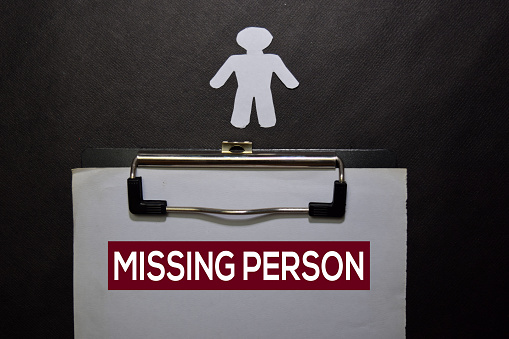An Asset Verification Investigation involves the method of obtaining reliable information about assets, like assets, plants, or equipment, and confirming the location, status, and state of the assets. It is crucial that every company complete this process in the form of an Asset verification investigation.
The method of verification is to perform a line-by-line reconciliation between assets records with assets discovered in inspecting physically. This can help you in finding hidden family assets, help prepare you for the possibility of suing someone, and many more. There are a variety of levels of searching for assets, starting from the basic search of public records to an extremely deep investigation of assets.
What is the verification of assets?
A verification process involves an investigation into the worth of the asset, its ownership and title, and possession of or charges to the assets. It defines the verification of assets as a procedure in which investigators use to verify the accuracy of the right-hand portion of the balance sheet. It is considered to have three distinct goals:
- The evidence of the existing assets,
- The evaluation of assets and
- The legality of their acquisition.
Thus, verification of assets could be described as a method of verifying the existence of assets listed in the accounts books through physical inspection as well as an examination of official and legal documents before forming an expert opinion regarding the ownership, existence of assets, their classification, and the value of assets belonging to an organization.
The Objectives for Verification of Assets.
The objective of the investigator with regard to the verification of assets, in general, is to be satisfied with the following aspects:
Physical verification that fixed assets exist is the main management’s responsibility and it is not the responsibility of an investigator. To confirm the existence of assets investigators should look over the records using documents and internal controls.
Property ownership: The ownership status of assets must be confirmed through the examination of title deeds. If the title deeds are owned by others, such as bankers or solicitors, the confirmation must be sought through the investigator by submitting an order made by the customer. If assets are not accompanied by any documentation attached to the title such as cash, debtors, or work in process, the investigator should examine the ownership of the asset by creating audit procedures to assess the efficiency within the system of internal controls.
Possession: An investigator must verify whether assets belong to or are the property of the customer. If the asset is held by anyone else the asset should be viewed that, the possession of the item has been granted by the customer.
Proper disclosure of encumbrances or lien: The responsibility of an investigator in relation to these disclosures is two-fold firstly, he needs to implement audit procedures to determine whether an asset is charged. examples of these procedures are statements obtained from the management, and confirmation received from the bank pertaining to the reason for holding securities. If there is a charge the investigator should make sure its correct disclosure in financial statements.
Disclosure and valuation: Investigators must ensure that the assets are appraised and reported in the financial statements in accordance with the widely accepted accounting practices and the statutory requirements if any.
In the same way, the aim of an investigator with regard to the verification of liability is usually to ensure that he has met his obligations.
- The balances in the balance sheet are actually assets.
- Undocumented liabilities, arising from accidental or deliberate they are recorded in books.
- They are valued appropriately, and
- They are appropriately classified and made public according to the law or generally accepted standards and guidelines.
We are a renowned Private detective agency in Delhi that has succeeded in the asset verification process. We clean out real assets that help us make the right choice currently. We have a great team of investigators who have the expertise in handling any type of complicated asset data that can aid you in preparing your case in a way that helps you to prevail in any type of legal dispute.
There are many Services in Asset Verification as follows
- Obtained Information on the Ownership of Assets
- Originating detail regarding asset location
- Learn more regarding asset registration
- Finding the information needed to register an asset
- Verify the true value of the asset
- Encumbrance certificate search when the asset is not transferable to search for buying and selling documents
- Calculation of taxes relating to assets and their value
- The valuation of assets like industrial, agricultural, commercial, etc.
We also specialize in performing asset verification that is applicable to corporate houses. We are aware this is an important job for your company to allow you to determine the value of your assets and estimate the financial expense and tax savings. Our private investigators are well-versed to provide the commercial benefits of a specific company to multinational corporations to analyze their assets and figure out the exact amount of funds for the business in a professional manner.


